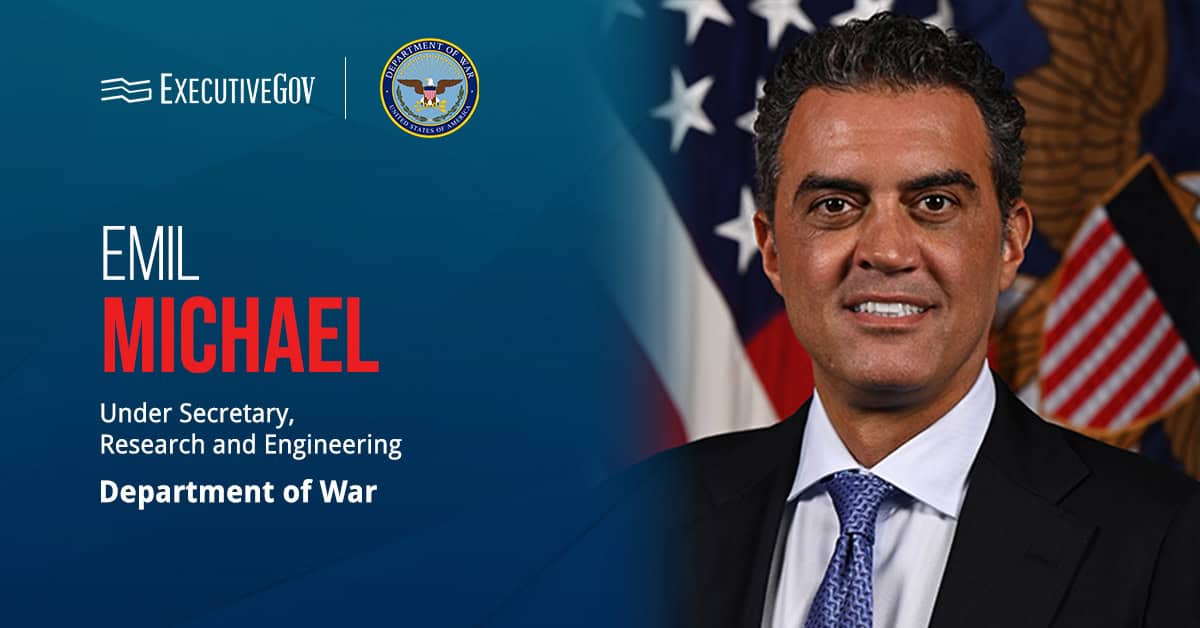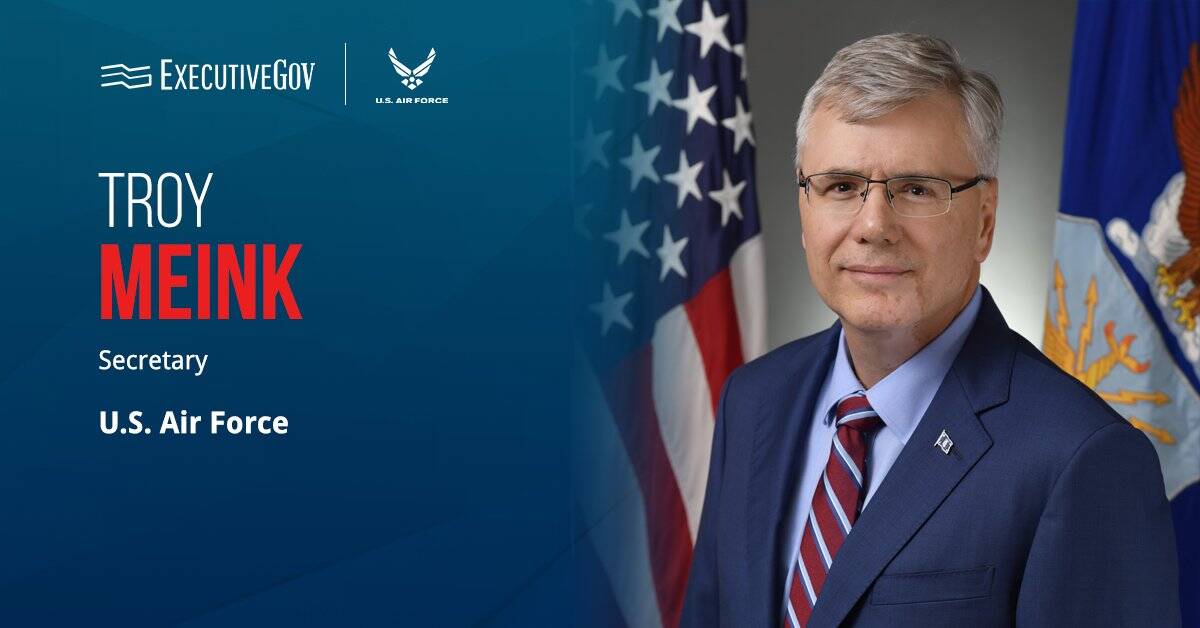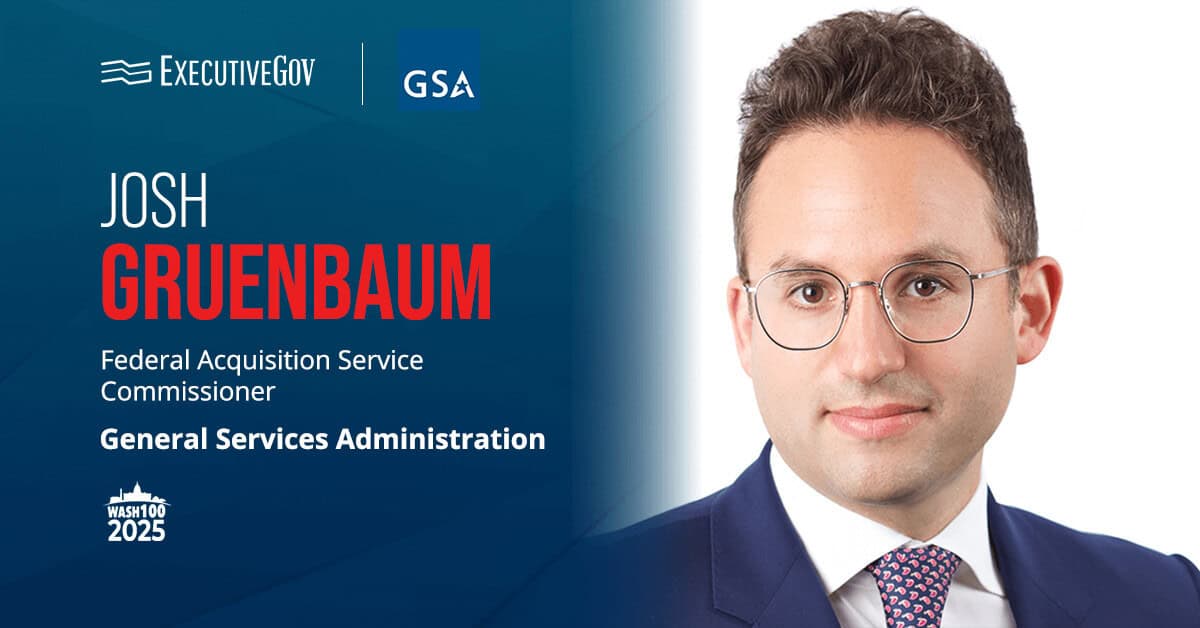
President Donald Trump selected Michael Kratsios, the current White House deputy chief technology officer and deputy assistant for technology policy, to become CTO and associate director of the Office of Science and Technology Policy.
The White House announced the promotion Thursday. Kratsios has worked in the White House for two years. He entered the federal government in 2017 after working for Thiel Capital where he served as a principal and chief of staff. Prior to that, Kratsios was chief financial officer and chief compliance officer at Clarium Capital Management.
He began his career as an analyst at Barclays Investment Bank.





